Approval rates from state to state vary widely
Where you live can determine your chances of success
 Jeffrey Sullivan, Esq.
Jeffrey Sullivan, Esq.
I know what you are thinking…What are my chances of winning my application for social security disability benefits? That is because this is the most commonly asked question by people applying for benefits. However, the answer to your question is not as simple as one would hope. Where you live and the administrative law judge you are assigned can determine your chances of success as approval rates from state to state and judge to judge vary widely.
As of June 11, 2013, the national approval rate for disability applications that are appealed to the hearing level (meaning the application was denied at the initial stage and in most states at the reconsideration level and now is scheduled to be heard in front of an ALJ) is at 46%. This is less than a 50/50 chance of winning – not great odds. However, depending on your state, this national average can go significantly up or down. For instance, if you live in Delaware, Kansas, Nevada, Rhode Island, Texas or Wisconsin, your chances of winning go down to between 30-40%. If you live in Alaska, your chances plummet to 17%. On the bright side, if you live in New Jersey, New Mexico or Tennessee, your chances of winning at the hearing level increase to 55-56%. If you live in Hawaii, Puerto Rico or Utah, your chances sky-rocket from the national average of 46% to over 60%. That is significant. Approval rates also tend to vary greatly within states at the various hearing sites and among the different judges.
I know what you are thinking now…Why is there such a difference in approval rates between the various states, hearing sites and judges? Again, there is no easy answer. The variance from state to state, hearing site to hearing site and from judge to judge can be effected by state law, local rules, politics, social ideology, prejudice and training. These of course are things you, as an applicant, have little to no control over. However, there are a number of things that also have an enormous influence on approval rates that you can help to control. These include consistent treatment with a doctor (not from a Registered Nurse, Physician’s Assistant, etc.), objective proof of your physical impairment(s) (i.e. X-ray, MRI, CT scan, EMG, Pulmonary Function Test, etc.), objective proof of your mental impairment(s) (i.e. mental status examination, IQ tests, Patient Pain Profile, etc.), making sure you are compliant with your prescribed treatment (i.e. medications, diabetic testing and diet, exercise, stop smoking, stop drinking alcohol, etc.) and obtaining medical source statement regarding your ability to perform work-related functions (i.e. how much you can lift, how long can you walk, stand or sit, whether unscheduled breaks or absences from work would be necessary, etc.).
Being without insurance, low on funds and inexperienced in these matters may make obtaining consistent care, objective proof and medical source statements seem daunting to you. That is why Trajector Disability (formerly Myler Disability) is here. We can help you find free or reduced cost clinics in your area, we can help obtain medical records and opinions from your treating sources and prepare you for the hearing because we know your region, we know your judge and we know how to give you the best chance at success possible.


